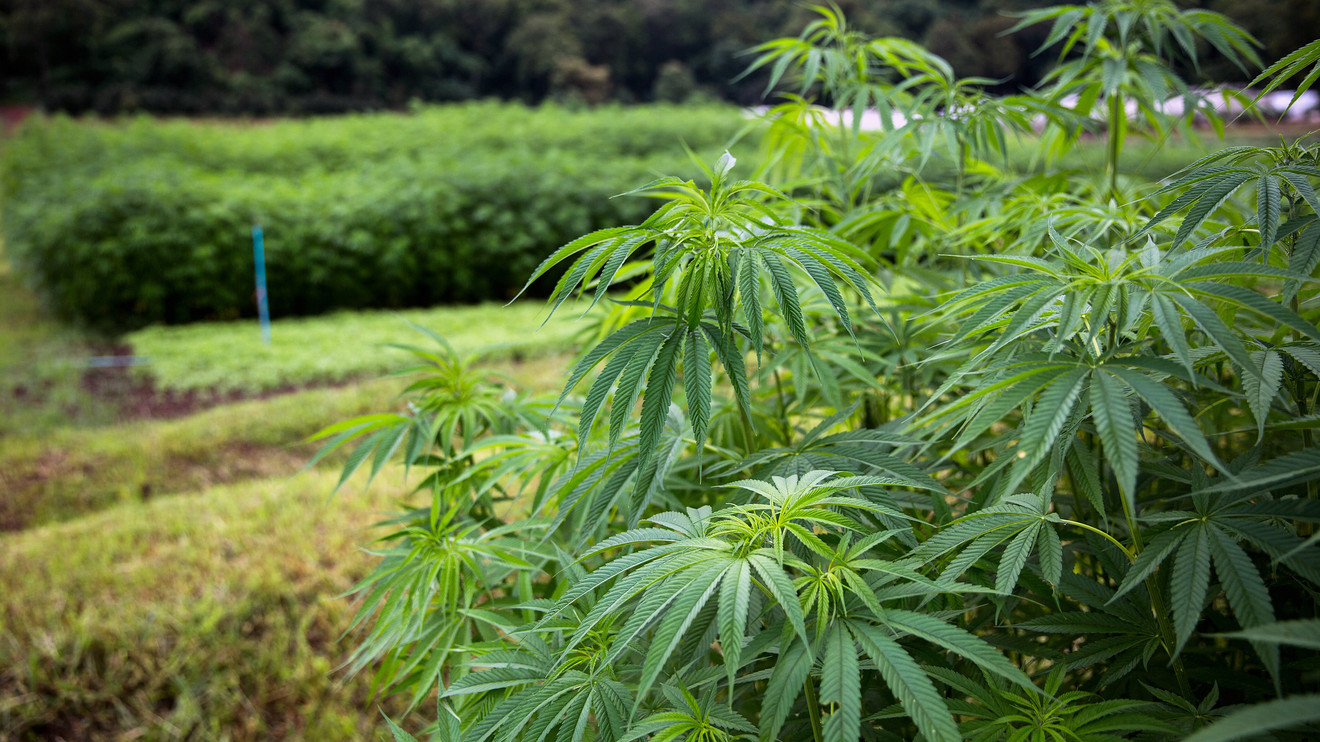
Hemp’s Health Benefits
Hemp has been used for thousands of years for various purposes, including medicinal applications. With the recent surge in interest in natural remedies, hemp has become a popular ingredient for health and wellness products. This is due to its numerous health benefits, which are backed by scientific research. In this article, we will explore the health benefits of hemp, with a focus on CBD and THC, and the latest research in medical applications.
CBD vs THC: Differences and Effects
CBD and THC are two of the most well-known cannabinoids in hemp. They have different properties and effects on the body. THC is a psychoactive compound that is responsible for the “high” associated with marijuana. In contrast, CBD is non-psychoactive and does not cause a high.
THC has been shown to have pain-relieving properties, reduce inflammation, and stimulate appetite. However, it can also cause anxiety and paranoia, and can impair cognitive function. CBD, on the other hand, has been found to have anti-inflammatory, anti-anxiety, and pain-relieving effects, without causing cognitive impairment or addiction.
The Non-Psychoactive Nature of Hemp
One of the most significant advantages of hemp is its non-psychoactive nature. Unlike marijuana, hemp contains low levels of THC, making it safe and legal for use. This makes it an excellent option for people who want to enjoy the benefits of cannabis without the high.
Medical Research: The Latest Findings
Recent research has found that hemp has numerous medicinal properties that can help alleviate various health conditions. Studies have shown that hemp can be effective in treating chronic pain, anxiety, depression, and neurological disorders. It also has anti-inflammatory properties that can benefit people with conditions such as arthritis and autoimmune diseases.
Hemp Oil: The Benefits and Uses
Hemp oil is an extract from the hemp plant that is rich in cannabinoids, including CBD. It has become a popular ingredient in health and wellness products due to its numerous health benefits. Hemp oil has been found to have anti-inflammatory, anti-anxiety, and pain-relieving effects. It can also be used to improve skin health and reduce the risk of heart disease.
The Anti-Inflammatory Properties of CBD
CBD has been found to have powerful anti-inflammatory properties. Inflammation is the body’s natural response to injury and infection, but chronic inflammation can lead to various health problems. CBD can help reduce inflammation by inhibiting the production of inflammatory cytokines and promoting the apoptosis of activated immune cells. This makes it an effective treatment for conditions such as arthritis, inflammatory bowel disease, and multiple sclerosis.
Hemp and Pain Relief: How It Works
Hemp has been found to be effective in alleviating pain, including chronic pain. It works by interacting with the body’s endocannabinoid system, which plays a role in pain perception, mood, and appetite. CBD can help reduce pain by inhibiting the transmission of pain signals to the brain and reducing inflammation. It can also boost the levels of endocannabinoids in the body, which can help regulate pain and mood.
Anxiety and Depression: How Hemp Can Help
Hemp has been found to have anti-anxiety and antidepressant effects. Studies have shown that CBD can help reduce symptoms of anxiety and depression by interacting with the serotonin and GABA receptors in the brain. This can help regulate mood and reduce anxiety and stress levels. Hemp can also help improve sleep quality, which is crucial for people with anxiety and depression.
Neurological Disorders: Can Hemp Be Effective?
Hemp has shown promise as a treatment for various neurological disorders, including epilepsy and multiple sclerosis. Studies have found that CBD can help reduce seizures in people with epilepsy and improve mobility and quality of life in people with multiple sclerosis. It may also be effective in treating other neurological conditions, such as Parkinson’s disease and Alzheimer’s disease, although more research is needed.
Cancer Treatment: The Role of Hemp
Hemp has been found to have anti-tumor properties and may be effective in treating certain types of cancer. Studies have shown that CBD can induce apoptosis in cancer cells and inhibit the growth and migration of cancer cells. It may also help alleviate the side effects of cancer treatment, such as nausea and pain. However, more research is needed to determine the full potential of hemp in cancer treatment.
The Future of Hemp in Medicine
Hemp has tremendous potential in medicine, and research is ongoing to explore its various health benefits fully. As more studies are conducted, we may discover new uses for hemp in treating various health conditions. The legalization of hemp in many countries has also paved the way for more research and development, which will help unlock its full potential.
The Potential of Hemp’s Health Benefits.
In conclusion, hemp has numerous health benefits, including anti-inflammatory, pain-relieving, and anti-anxiety properties. CBD and THC are two of the most well-known cannabinoids in hemp, with different effects on the body. Hemp is non-psychoactive, making it a safe and legal option for use. Research has shown that hemp may be effective in treating various health conditions, including chronic pain, anxiety, depression, and neurological disorders. As more research is conducted, we may discover new uses for hemp in medicine, making it an exciting area for future development.

